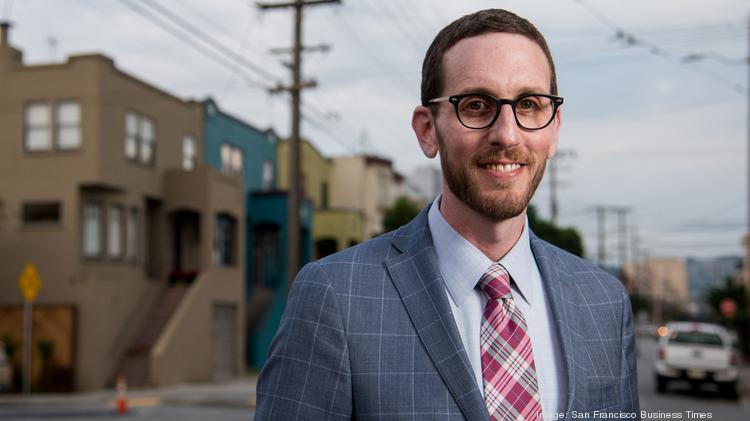Blog Post
California legislator fighting to help statutory rapists avoid sex offender registry
By Jonathon Van Maren
The last time many of us heard of California state senator and LGBT activist Scott Wiener, he was championing legislation — signed into law by Governor Jerry Brown in 2017 — to reduce the crime of knowingly exposing a sexual partner to HIV without disclosing the infection, previously a felony, to misdemeanor status. This change in law, incidentally, also applied to HIV-positive people who donate blood without informing the blood bank of their status. Civil rights aren’t what they used to be.
“Today California took a major step toward treating HIV as a public health issue, instead of treating people living with HIV as criminals,” Wiener said in a statement at the time. “HIV should be treated like all other serious infectious diseases, and that’s what SB 239 does.” HIV already was treated like an infectious disease, which is precisely why steps were taken to ensure that the disease wasn’t passed on to other people. This inconvenient fact was ignored.
READ THE REST OF THIS COLUMN AT LIFESITENEWS.COM









I presume you agree there should be a difference in treatment based on the precise type of sexual act?
As quoted in your longer article:
If a man has vaginal intercourse with an underage teenage girl, the judge can decide whether he should be placed on the sex offender registry based on the facts of the case. But if anal or oral sex, or vaginal penetration with anything other than a penis, is involved, the adult must register as a sex offender — a relic of a penal code that criminalized those acts until 1975, even between consenting adults.
What’s the distinguishing factor that justifies the different treatment?